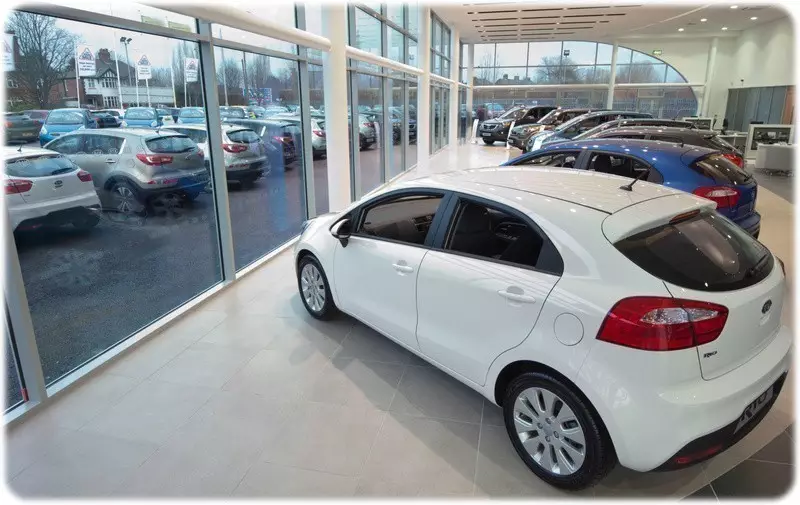New Car vs. Used Car
Published Date: 13th Jan 2016
The comparison of New Cars vs Used Cars
Is a used car cheaper to buy and run than a new one? Well actually, figures from the valuation experts at CAP prove buying new is the way to go.
The cost of running a car is split multiple ways. Many factors stay the same year in and year out. For example, it doesn’t matter what car you run, if we’re talking like for like in terms of mileage, engine, specification and driver, the cost of fuel will be the same whether that car is brand new or one year old.
Servicing and maintenance costs, however, will be lower in the first year of ownership than in year two because cars generally need a more extensive service every other year. Over three years, with a car that has been bought new, you’ll have just a single expensive service, in year two. On the other hand, if that car was bought as a one-year-old, over three years you’ll have the two expensive services of years two and four. And that can be a significant cost; keeping a small city caron the road for three years costs an average of around £850 if it’s bought new, but will cost about £1,200 if it’s acquired at a year old.
Other big advantages of new cars are - Firstly, buyers get to choose the exact specification. Secondly, the owner will get benefits such as the full warranty package and any 'sweetener' deals that are on offer at the time of purchase. Finally, there will be no unknown history to worry about.

There are more good reasons to buy new. Newer cars will have more advanced technology, and the value of this should not be underestimated – particularly in the areas of fuel efficiency and safety. Features such as stability control give invaluable or even life-saving help in the event of an emergency.
The biggest downside of buying used is uncertainty about a car's history. 'Clocking', or tampering with the recorded mileage, is still an issue. Ideally, a car will have a complete service history: if not, you can buy some reassurance in the form of a history check or HPI check.
The third option – nearly new cars
Besides new or used, there's a third way into car ownership – buying a nearly new car from a dealer's demonstration fleet, or one from their 'pre-registered' stock cars that have been notionally bought by the dealer in order to meet sales targets.
The downsides are an extra name on the registration document – which will lower the car's resale value – and the restriction of choice. In terms of specification you get whatever the dealership considers best for both demonstrator appeal and easy resale. They're good judges of what the market wants, so this is not a bad thing.
It's important to confirm the build date of a pre-registered car with the dealer before you commit to its purchase. You might think you're buying a 2015 model car, but it could actually be a 2014 model. This will obviously hit its value when it comes to sell it on.
